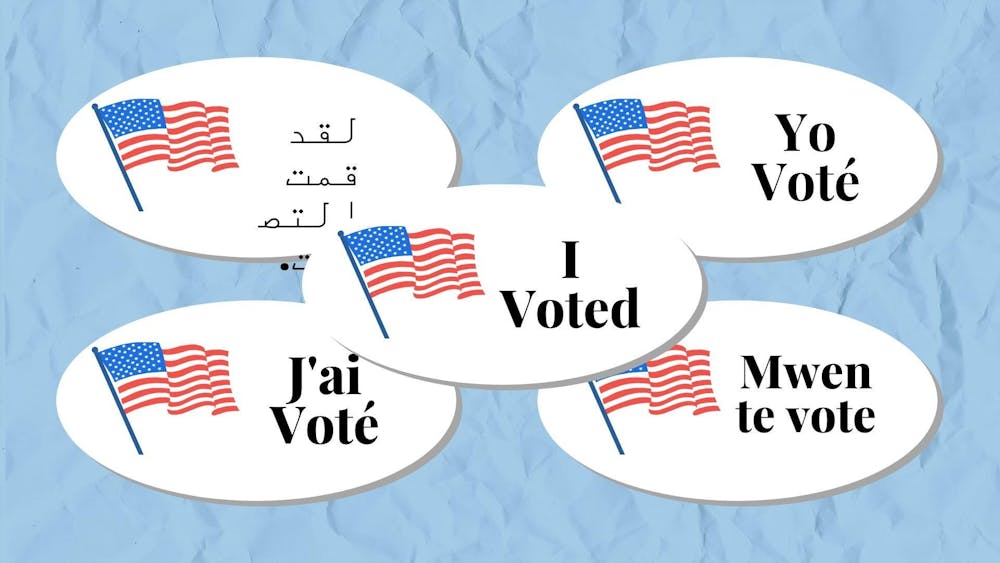Election Day is fast approaching, but you probably don’t need me to tell you that. Chances are, you’ve already heard about the elections from the news, social media or a neighbor. As English speakers, this information seems almost unavoidable. You could live under a rock and still find candidates slipping flyers through the cracks.
But do constituents with limited English proficiency share this experience?
Limited English proficiency makes the already complicated electoral process even more difficult to navigate. Language barriers could be one reason Hispanic and Asian voters, who are most likely to be non-English speakers, consistently have the lowest voter turnout.
On top of the built-in difficulties, voting barriers are arguably worse for people with limited English proficiency. They are more likely to be impoverished, meaning people with limited English proficiency are among the most in need of government assistance. Without equitable access to election materials, they are effectively barred from having a say in policies that greatly affect their lives.
In order to have a representative government that serves all constituents, election resources need to be available in multiple languages.
Provisions for multilingual election resources are coded into law by the Voting Rights Act. This landmark legislation leaves out languages such as Arabic and Haitian Creole because of a historically discriminatory system of language classification. This only makes it all the more important that all voters in the upcoming municipal elections are given information in their native languages.
This need is present even in Orange County, where 16.7 percent of residents aged five and older speak a language other than English at home. Around 37 percent of these residents do not speak English fluently. Even though they are a minority, the Orange County Board of Elections provides these residents with voting materials in multiple languages.
In an email, the Orange County Board of Elections director Rachel Raper said the county is “committed to improving the accessibility of services to persons with limited English proficiency.”
This commitment is substantiated by the easily navigable information in both English and Spanish about early voting and the new photo ID requirements available on the Board of Elections website.



